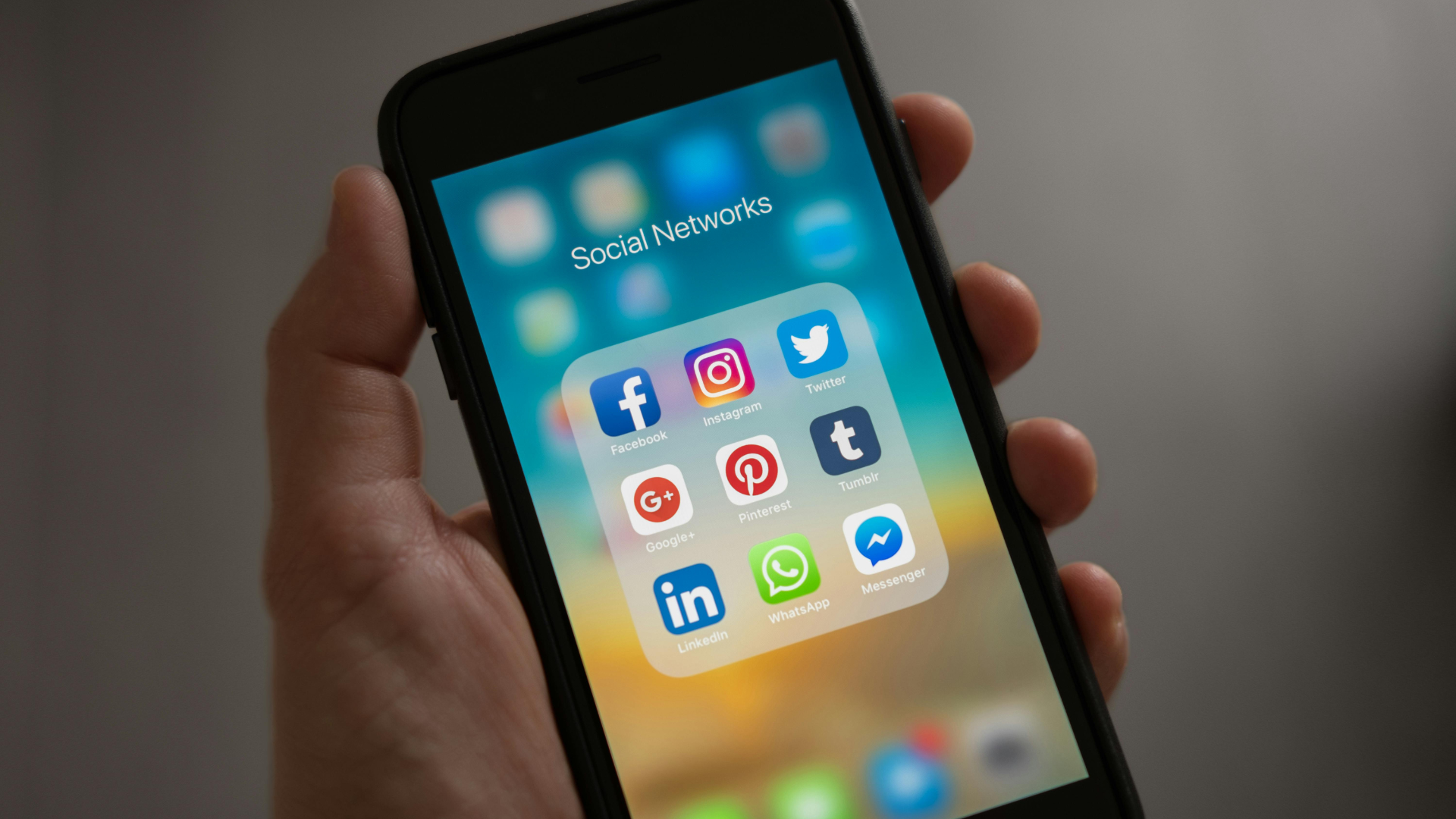How Social Media Can Help (or Harm)
Social Media and the Fight Against Mental Health Stigma
Social media is one of the most powerful tools of our time. It has transformed the way we connect, share ideas, and discuss important issues- including mental health. On the one hand, platforms like Instagram, TikTok, and Twitter have helped break the silence around mental health struggles, creating safe spaces for people to share their experiences and seek support. On the other, they have also contributed to misinformation, toxic comparisons, and the trivialisation of serious mental health conditions.
So, is social media a force for good or harm when it comes to fighting mental health stigma? The answer isn’t simple.
How Social Media Helps Reduce Mental Health Stigma
Social media has played a crucial role in normalising mental health discussions, making them more accessible than ever before. Here’s how:
Increasing Awareness and Education
Historically, mental health was a taboo subject, often spoken about in whispers or not at all. Now, social platforms provide instant access to information, allowing users to learn about conditions like anxiety, depression, and PTSD from both professionals and those with lived experiences.
Mental health organisations like Mind and the Mental Health Foundation use social media to share facts, coping strategies, and crisis support resources.
Campaigns like #ItsOkayToNotBeOkay and #EndTheStigma encourage open discussions and help normalise seeking help.
Amplifying Personal Stories
Lived experiences are one of the most powerful ways to challenge stigma. When influencers, celebrities, and everyday people share their mental health journeys, it helps others feel less alone and more understood.
Celebrities like Dwayne “The Rock” Johnson, Prince Harry, and Selena Gomez have used their platforms to discuss their own struggles with depression and anxiety, encouraging others to seek help.
Research shows that hearing personal stories reduces stigma more effectively than facts alone (Thornicroft et al., 2016).
Creating Online Support Communities
Social media has connected millions of people facing similar struggles, creating virtual support systems for those who may not have access to help in real life.
Facebook groups, Reddit forums, and TikTok communities provide spaces where people can share their experiences, ask for advice, and feel supported.
A study by Harvard University found that online peer support can significantly reduce feelings of loneliness and isolation, key risk factors for mental health decline.
The Dark Side: How Social Media Can Harm Mental Health
While social media has been a game-changer in mental health awareness, it’s not without its problems. Here’s how it can do more harm than good:
The Rise of Misinformation
Not all mental health content online is accurate or helpful. Some influencers, despite good intentions, share misleading advice or self-diagnose complex conditions.
Overgeneralised statements
Claims like “everyone has anxiety” can minimise real struggles.
Unverified “cures”
Videos promoting unscientific treatments can be dangerous.
Romanticising mental illness
A study by University College London found that glorifying depression and self-harm on social media can increase risk factors in vulnerable individuals.
The Toxic Comparison Trap
Social media creates curated, unrealistic portrayals of life, leading many people to compare themselves negatively. Seeing “perfect” lifestyles can worsen self-esteem and increase feelings of inadequacy. A report by The Royal Society for Public Health ranked Instagram as the worst platform for mental health, contributing to anxiety, depression, and body image issues.
Cyberbullying and Online Harassment
Sadly, social media isn’t always a safe space. Many people facing mental health challenges experience cyberbullying, online shaming, or harassment.
According to The Anti-Bullying Alliance, 30% of young people in the UK have experienced cyberbullying, with links to increased rates of depression and suicidal thoughts.
The Future of Mental Health Support: Digital Resilience Training
To harness the benefits of social media without falling into its traps, we need evidence-based tools that promote resilience, emotional intelligence, and psychological well-being.
This is where the CPD-Certified Resilience Development Programme comes in. The Resilience Development Programme is a clinically backed digital tool designed to help individuals build emotional resilience using cognitive behavioural therapy, positive psychology, and interactive modules.
- Reduces stress and anxiety through science-backed exercises.
- Teaches coping strategies to manage daily challenges.
- Provides digital access to mental health support anytime, anywhere.
eQuoo: Gamifying Mental Health Education
eQuoo is an innovative mental health app that uses interactive storytelling to improve emotional well-being, resilience, and problem-solving skills.
- Engaging, gamified format – Learn psychological skills while playing.
- CBT-based techniques – Built on scientifically validated principles.
- Easily accessible – Available anytime, anywhere.
eQuoo has been clinically proven to enhance mental well-being and is one of the most engaging ways to build resilience in a digital world.
Social Media as a Tool, Not a Trap
Social media is neither entirely good nor entirely bad-it’s a tool. How we use it determines whether it helps or harms mental health advocacy.
Use social media to educate yourself and others-but always check the sources.
Follow positive mental health communities– but take breaks when needed.
Be mindful of comparison-remember, social media is a highlight reel, not reality.
Seek evidence-based mental health support– tools such as the Resilience Development Programme and eQuoo can help build long-term resilience.
Let’s make social media a place that empowers, not harms, mental health. It starts with us.
To find out more about eQuoo, get in touch using the form below to earn more about how we can support you.


